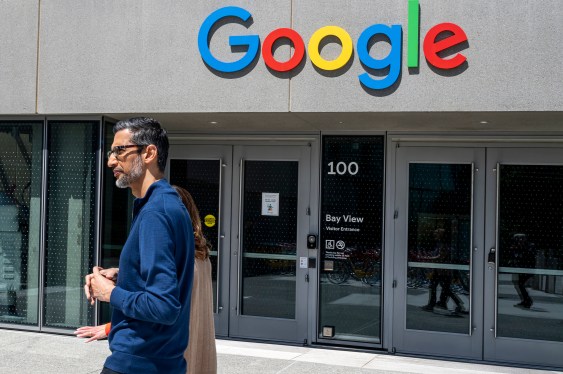
US Government Considers Historic Breakup of Google in Antitrust Case
The United States Department of Justice (DOJ) has submitted a 32-page filing outlining potential remedies to address Google’s monopolies in search and search advertising. This proposal marks the first major corporate breakup attempt in four decades, threatening to reshape one of the world’s most valuable tech companies.
The Proposed Remedies Framework
The DOJ’s proposed remedies framework presents a range of options, including behavioral restrictions and more drastic structural measures. The Department has asked for remedies across four areas:
Search Distribution
- Restrict or eliminate default search agreements, pre-installations, and revenue-sharing deals.
- Consider structural remedies to separate Chrome, Play, and/or Android from Google.
- Limit Google’s control over emerging search technologies, including AI-powered features.
- Implement user education programs to promote informed search engine choices.
Data Access and Usage
- Mandate sharing of Google’s search index, data, algorithms, and AI models.
- Require transparency in search results, features, and ad ranking signals.
- Prohibit Google from leveraging non-shareable data due to privacy concerns.
- Implement measures to reduce rivals’ costs for data indexing and retention.
Extending Search Monopoly
- Limit Google’s ability to use contracts to undermine rivals’ access to web content.
- Allow publisher websites to opt out of AI training or appearing in Google-owned AI products, such as AI summaries.
Advertising Practices
- Scale back or restructure Google’s advanced advertising products, including AI-driven tools.
- Explore options for licensing Google’s ad feed separately from search results.
- Increase transparency for advertisers, providing detailed auction and monetization data.
DOJ’s Logic Behind Proposed Remedies
The DOJ explained some of its logic behind proposed remedies and why currently smaller revenue sources, such as artificial intelligence-based tools, should also be included. The Department stated that remedies should account for alternative and future forms of monopoly maintenance and serve to unfetter these markets from Google’s exclusionary conduct.
Google’s Response
Google responded in a blog post calling the Justice Department’s proposal "radical and sweeping" and warning of potential negative unintended consequences for American innovation and consumers. The remedy is far-reaching and goes a mile wide and an inch deep, analysts at Bernstein cautioned in a note to clients.
"The last thing Google needs right now in the broader AI battle is having to fight with one hand tied behind their backs by regulators," they wrote.
Impact on the Tech Industry
The proposed remedies have significant implications for the tech industry. If implemented, this could lead to the first major corporate breakup in four decades and reshape one of the world’s most valuable tech companies. The DOJ’s proposal has sparked concern among analysts and industry experts, who warn of potential unintended consequences.
Related News Stories
- Cloudflare’s VPN app among half-dozen pulled from Indian app stores
- Nvidia’s CES 2025 keynote: How to watch
- AI’s next-gen AI model didn’t arrive on time, adding to a trend
The DOJ’s proposed remedies for Google’s monopolies mark a significant development in the tech industry. As the proposal moves forward, it will be essential to monitor its impact and consider the potential consequences for American innovation and consumers.

